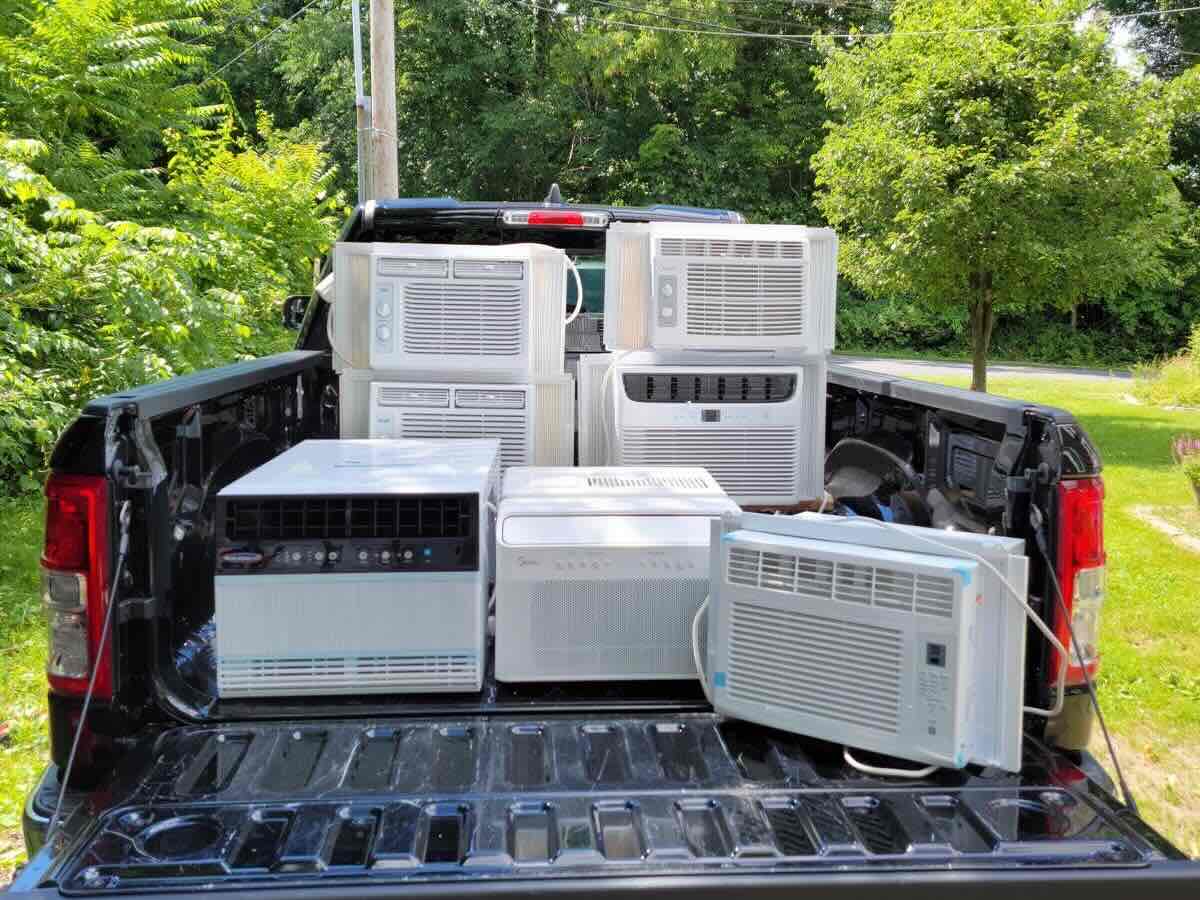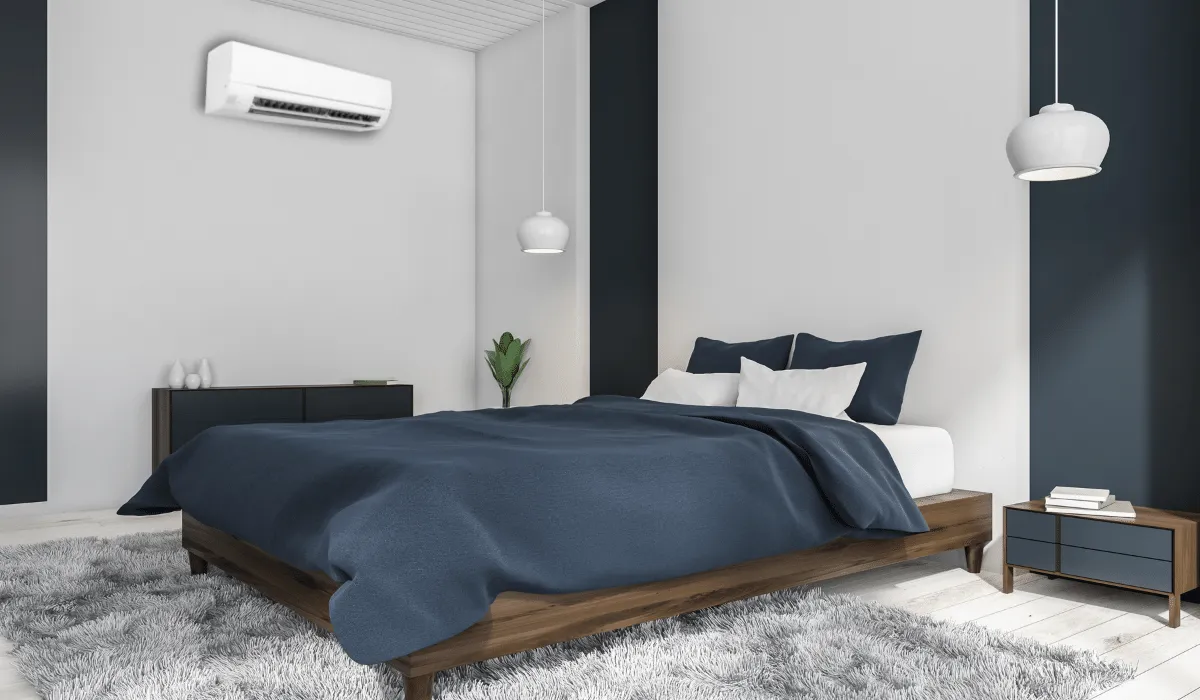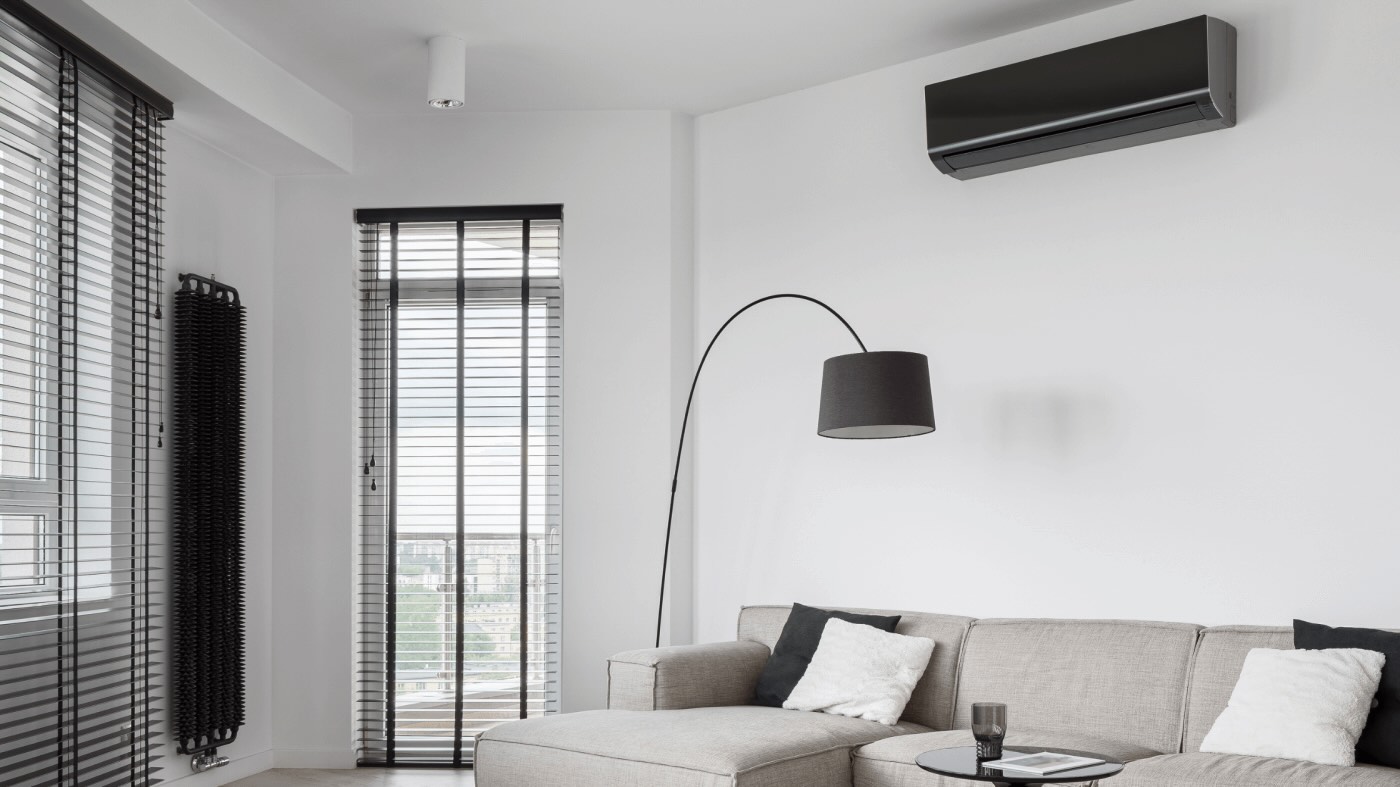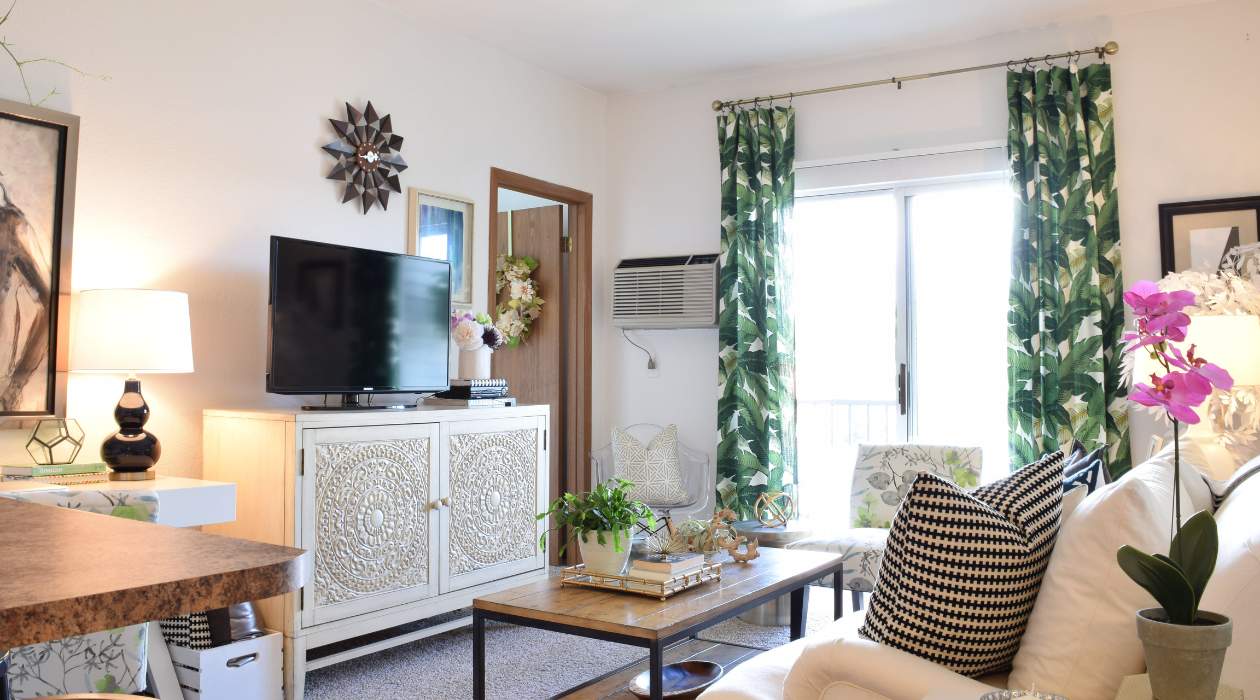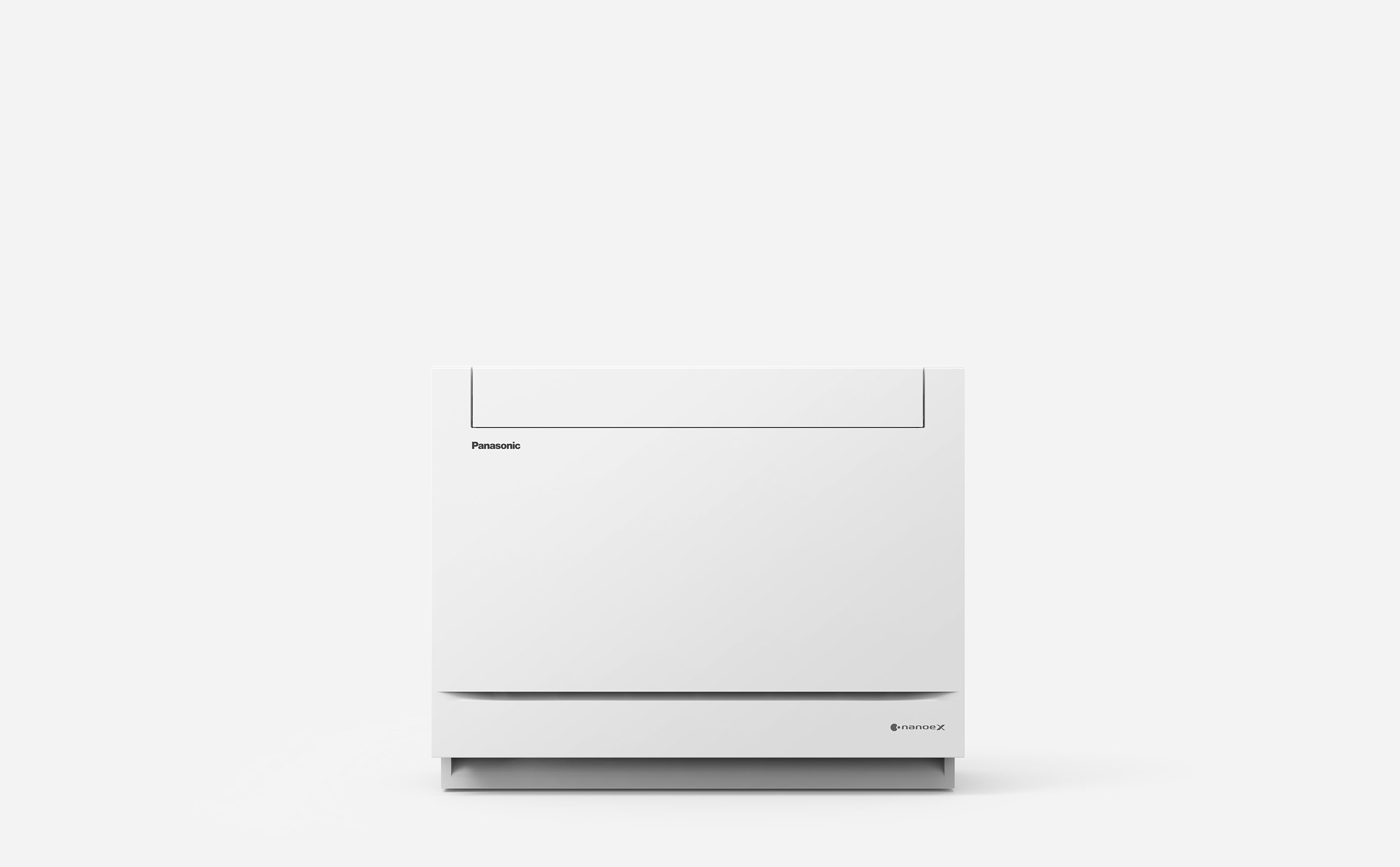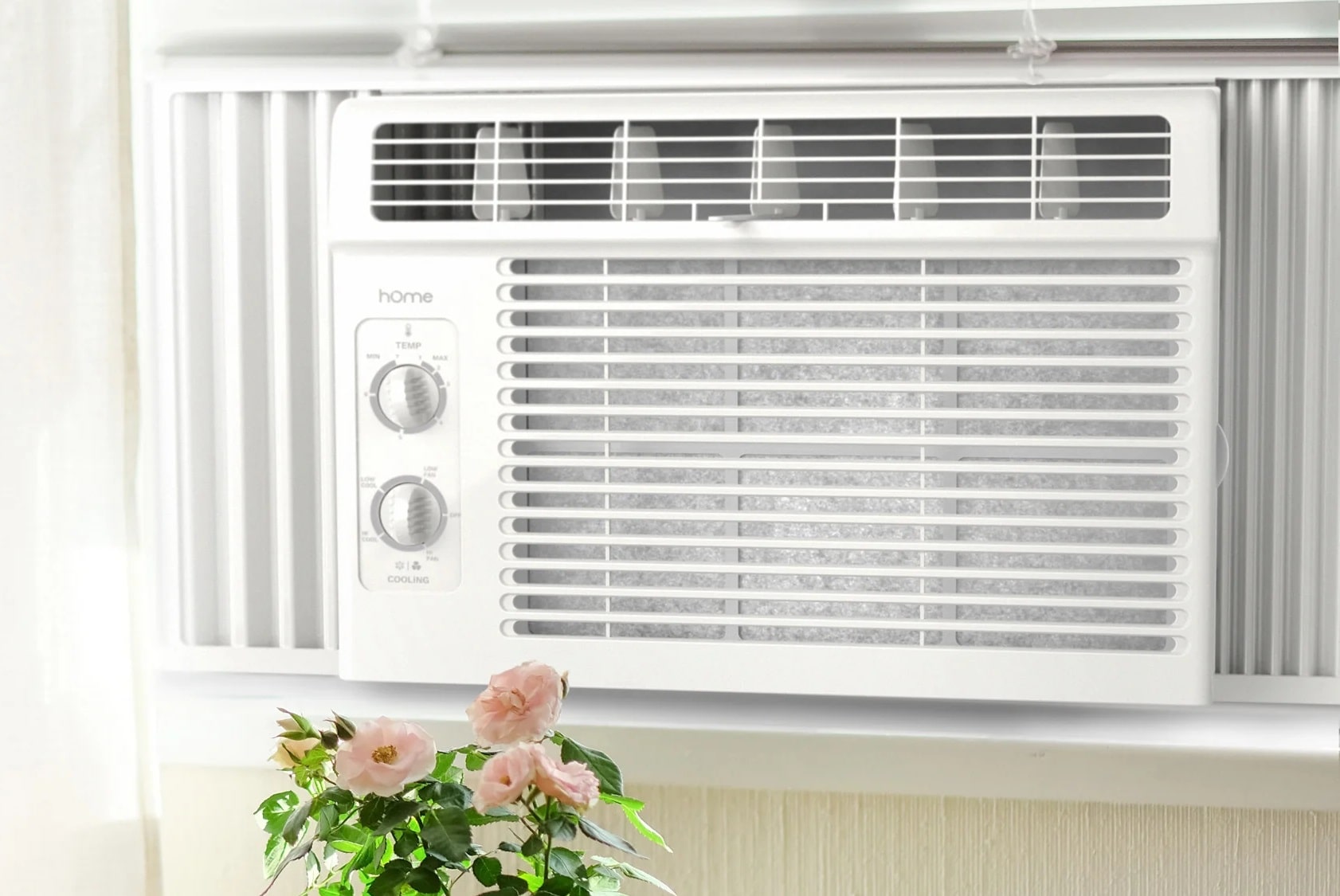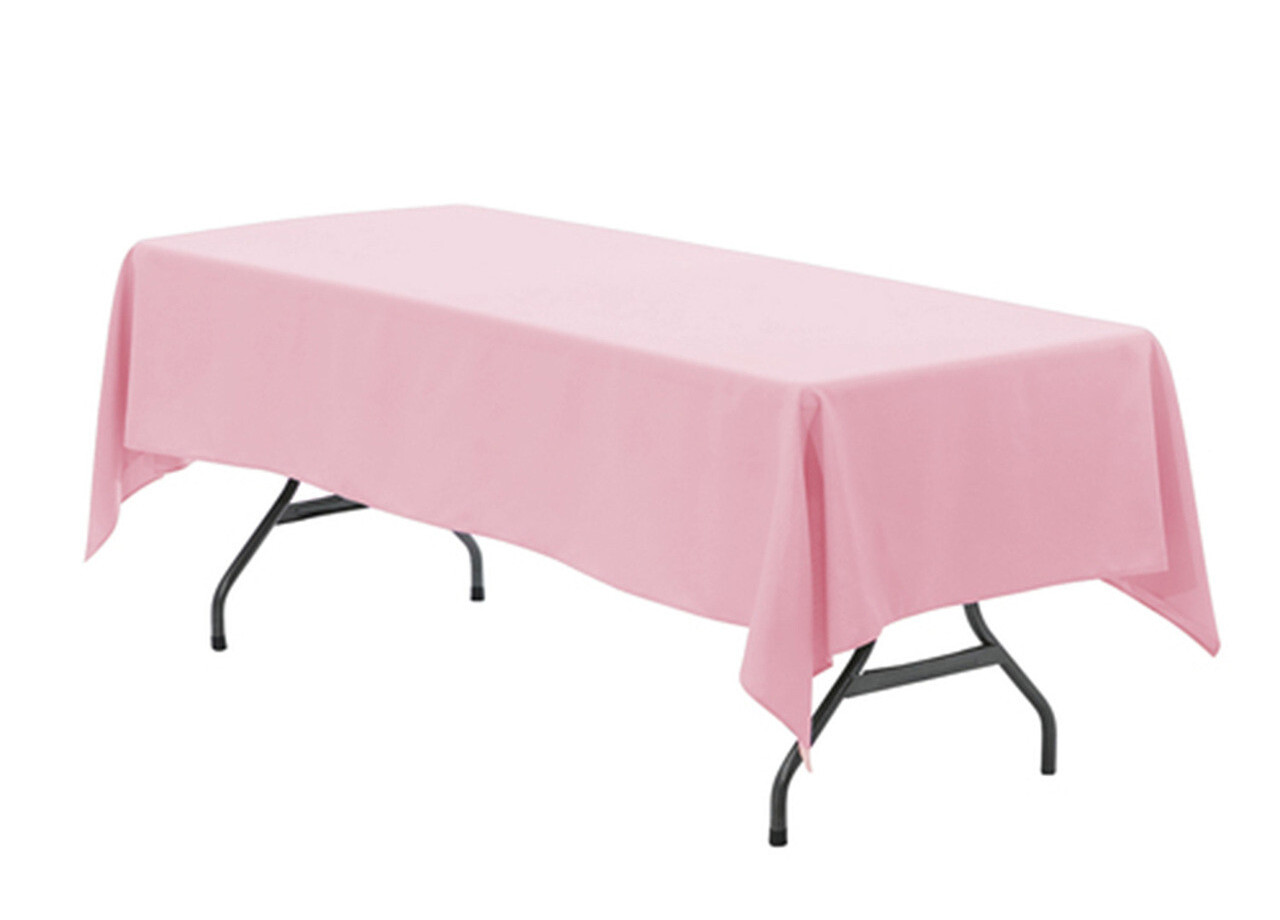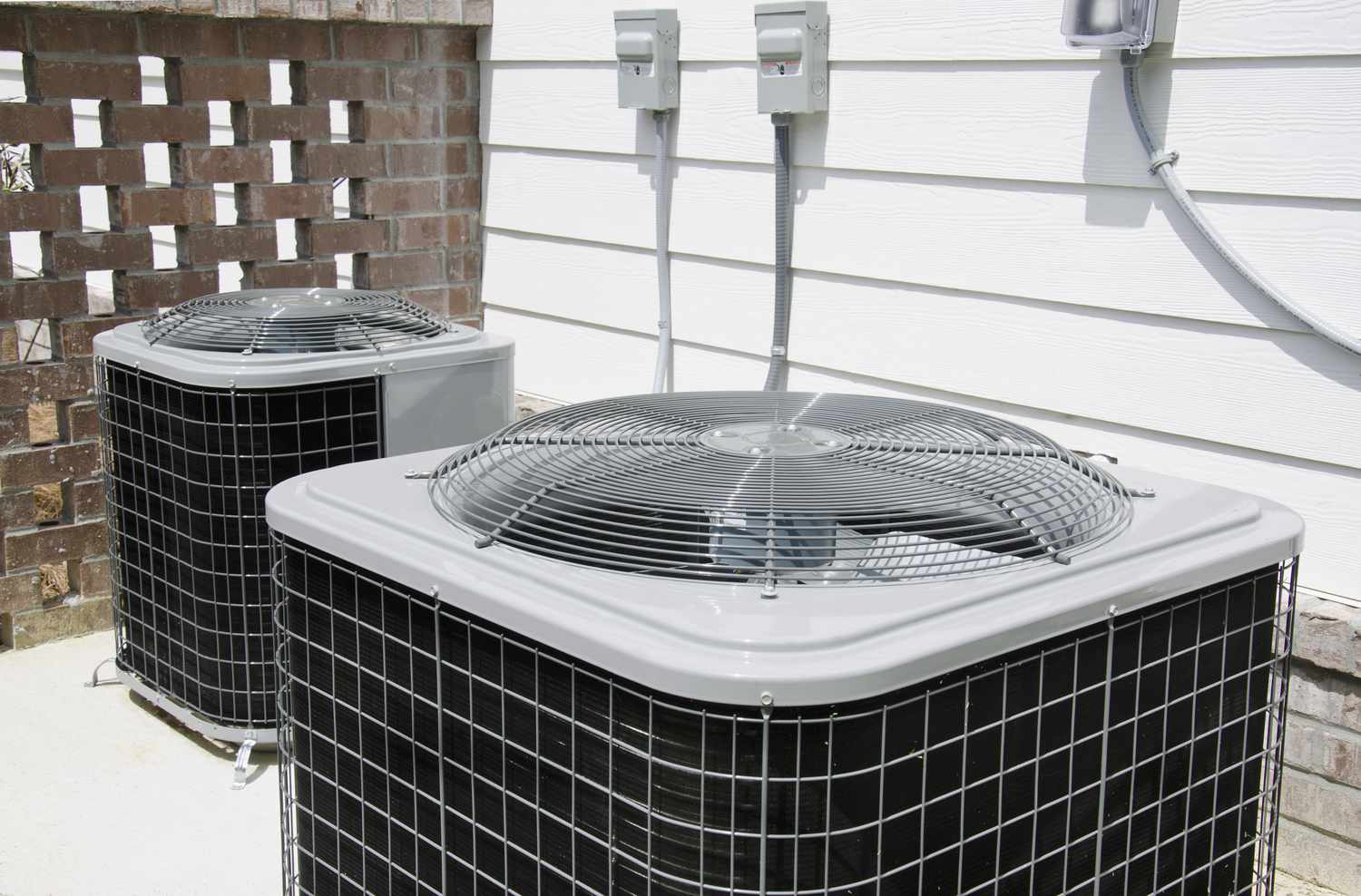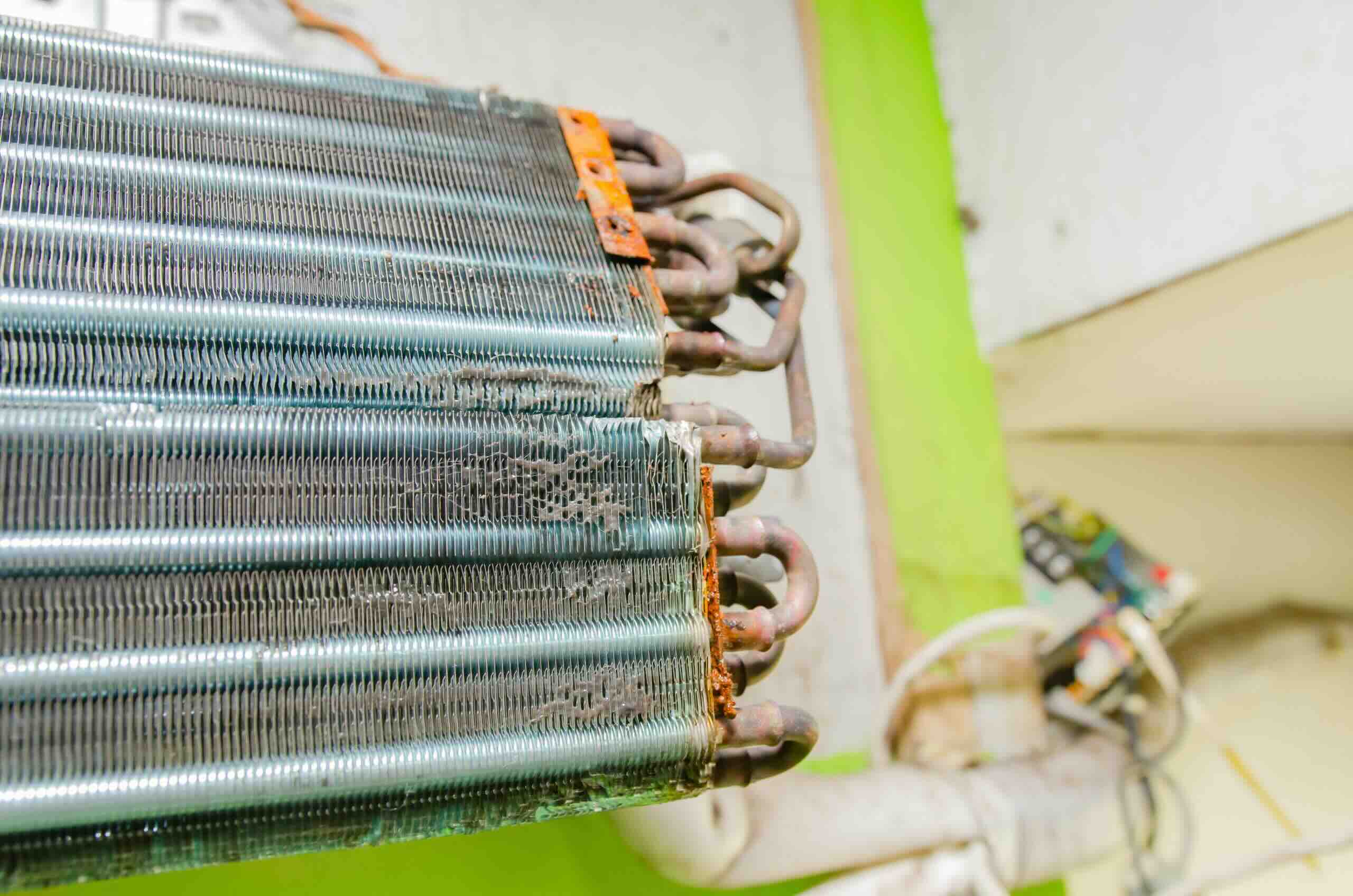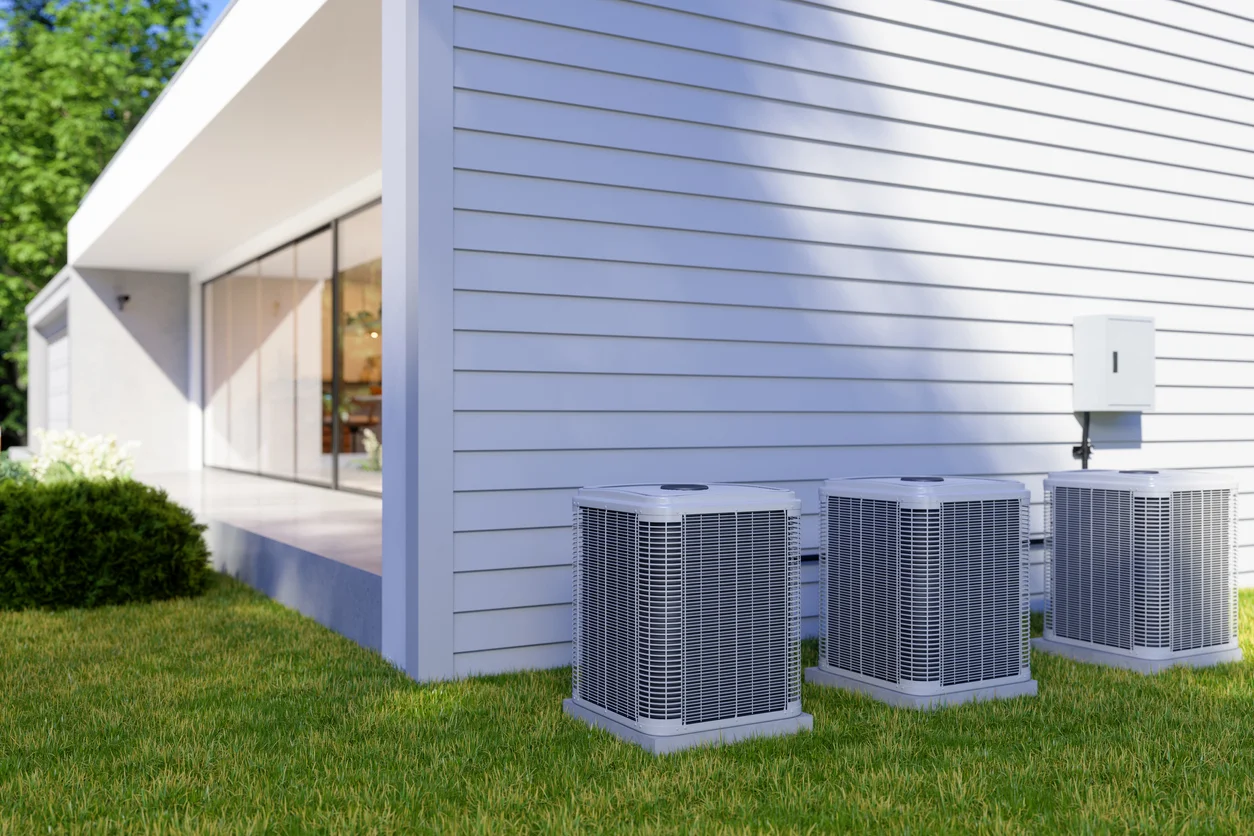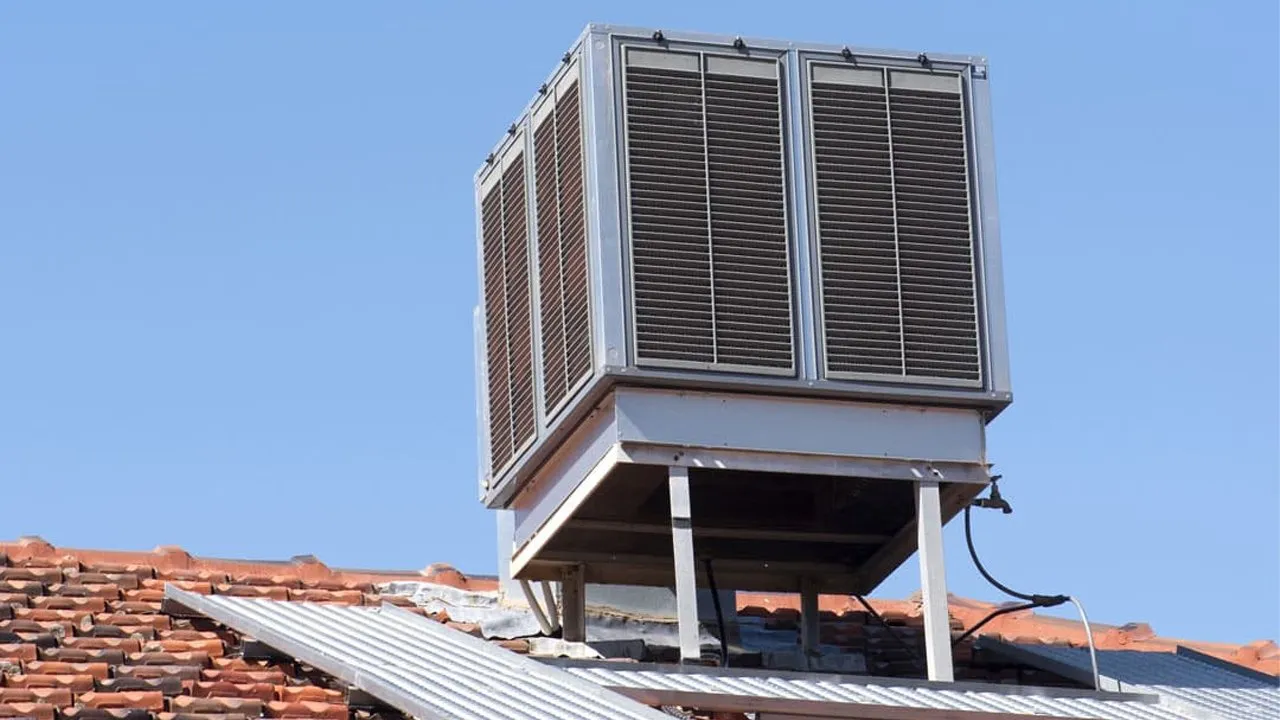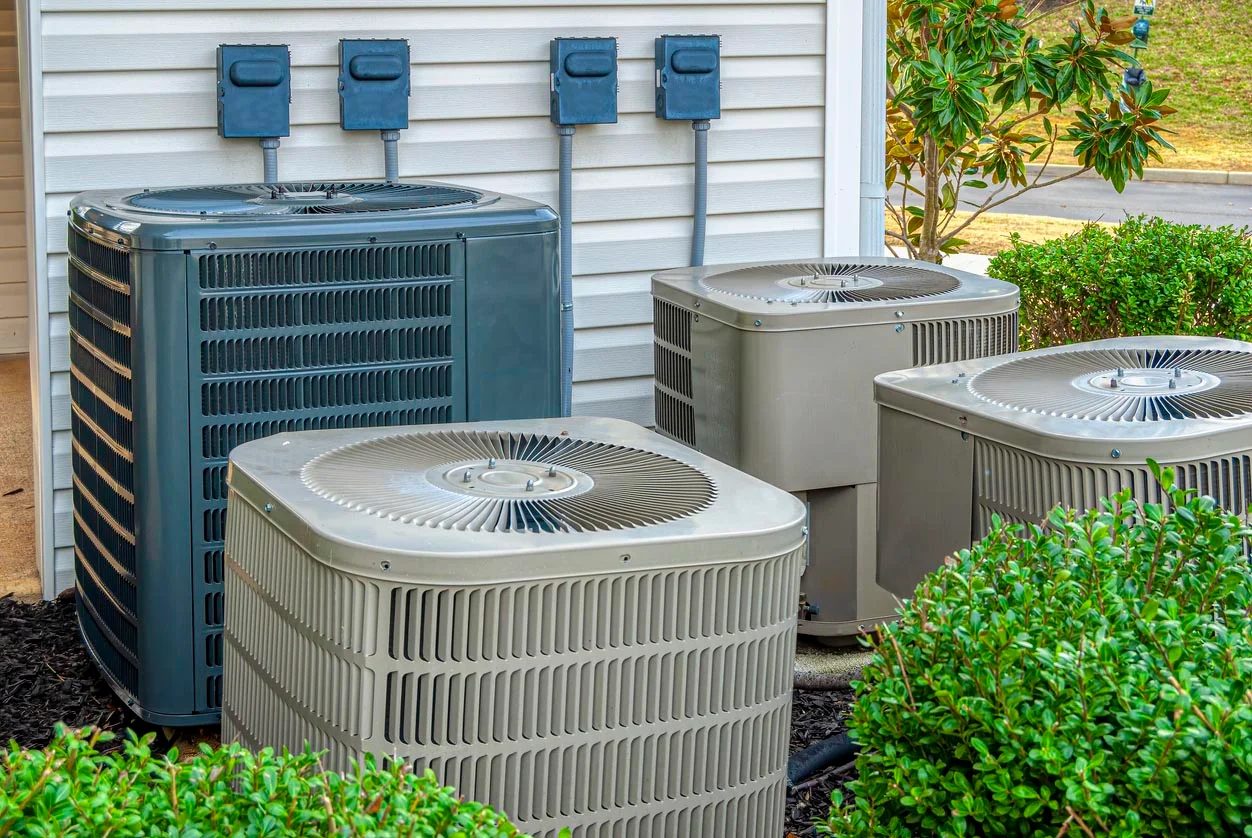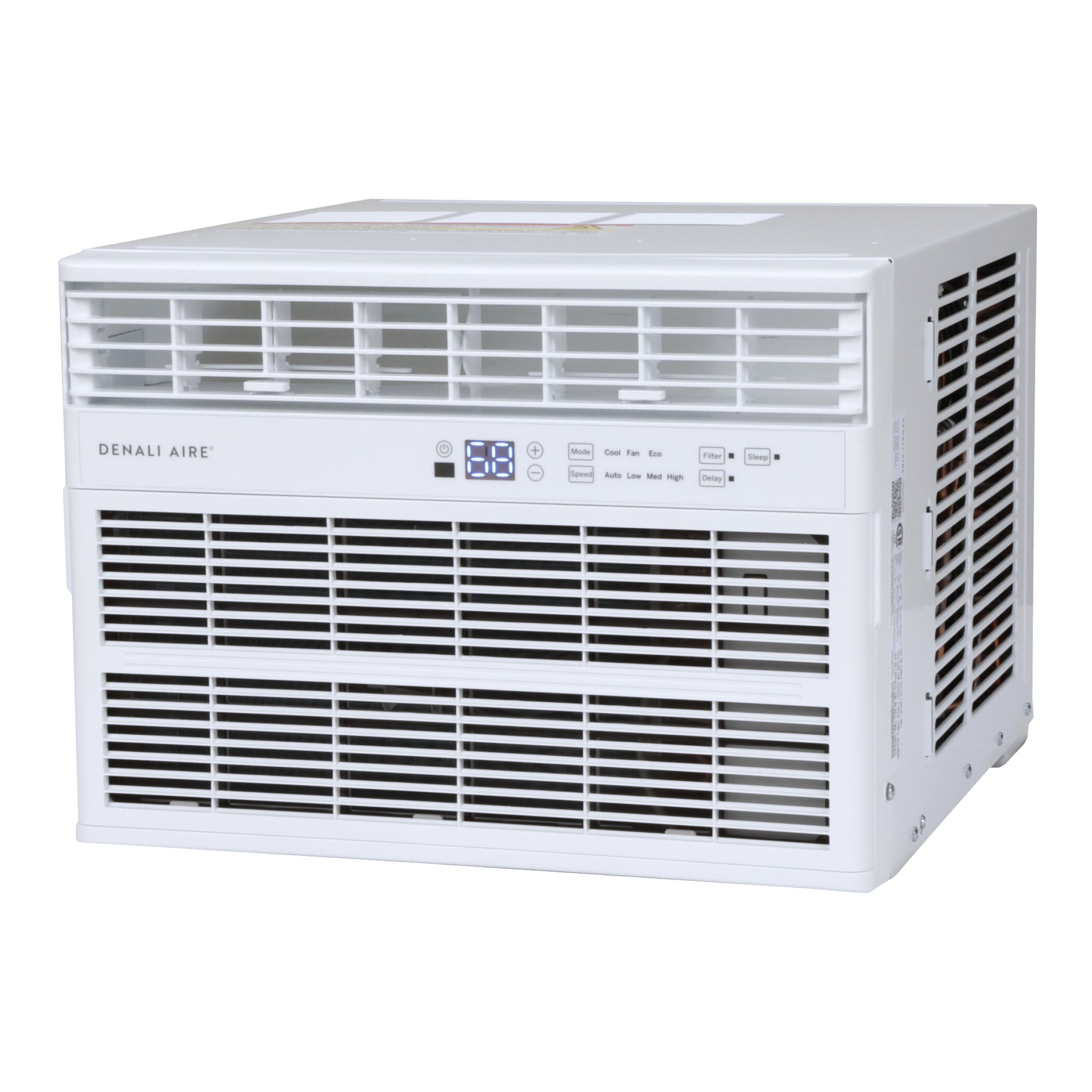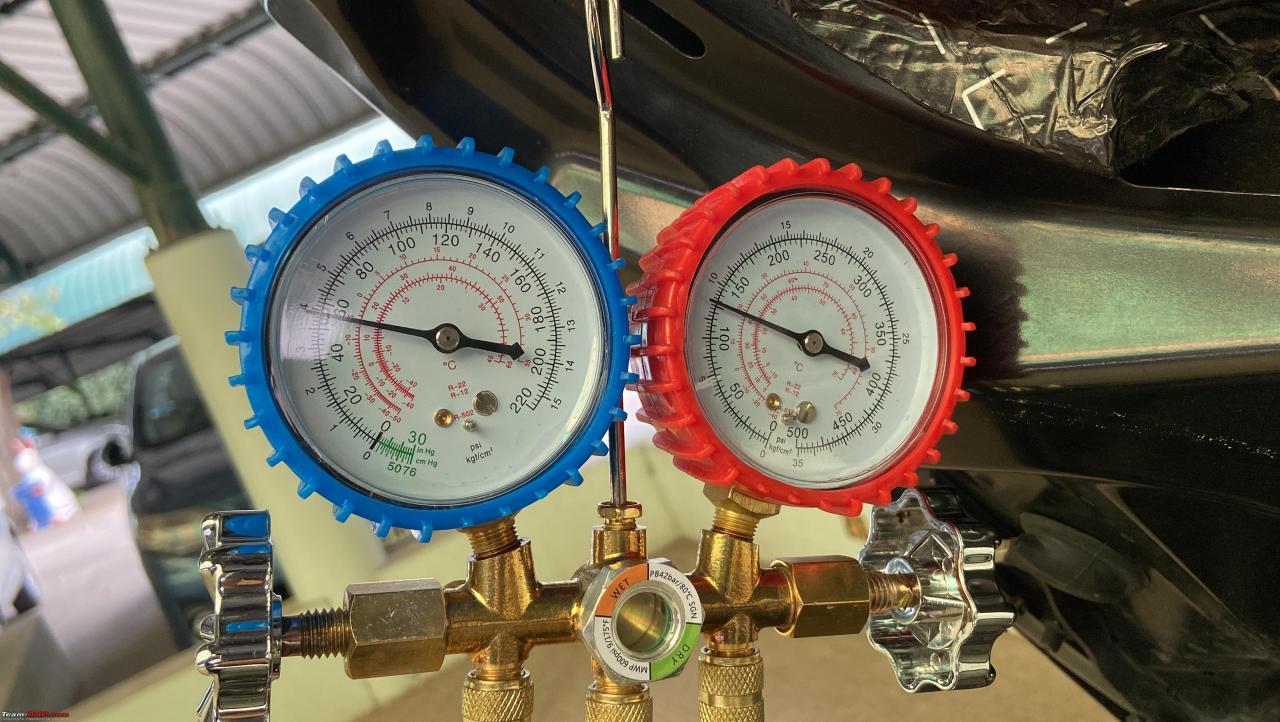Home>Home Maintenance>What Size Air Conditioner For A 14X60 Mobile Home
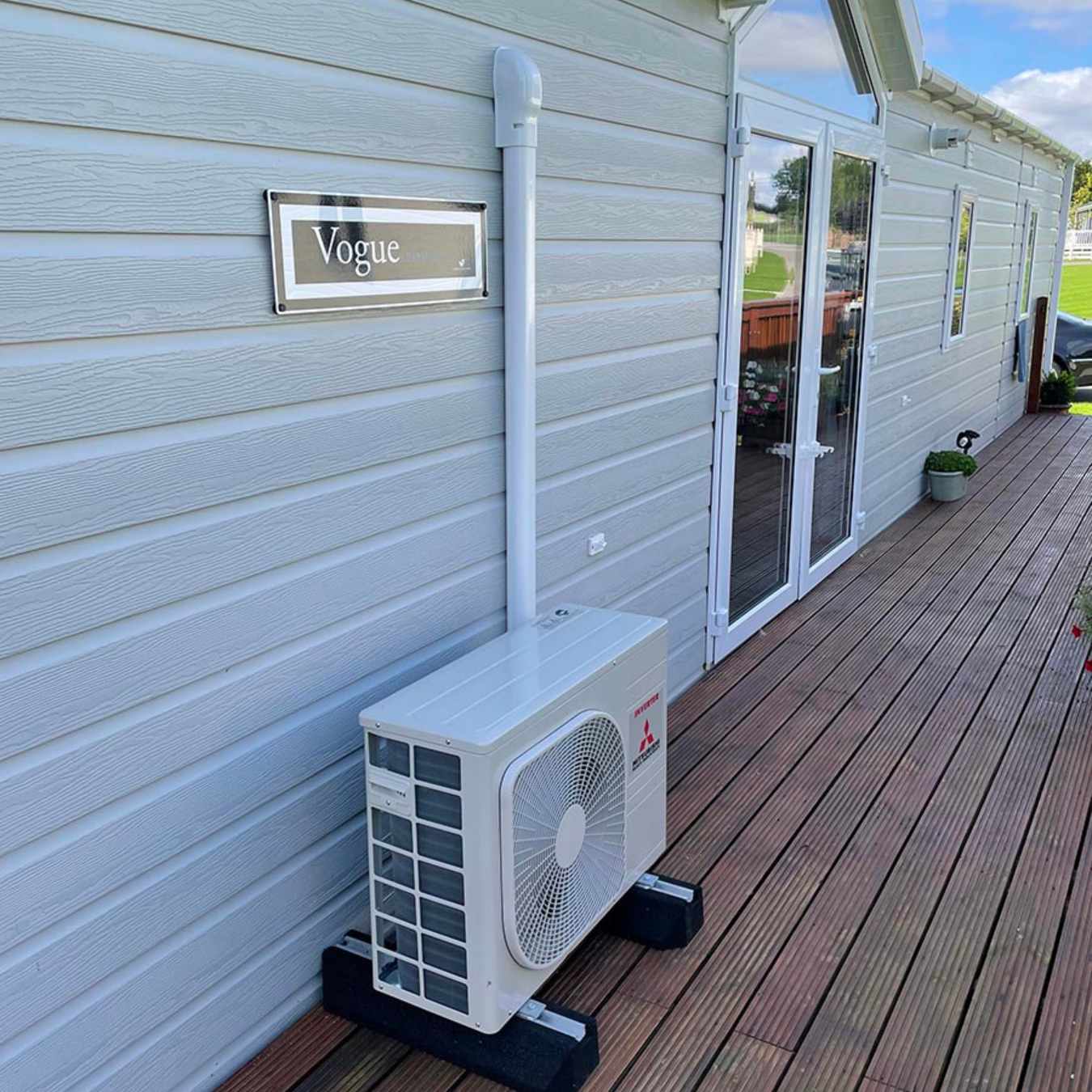

Home Maintenance
What Size Air Conditioner For A 14X60 Mobile Home
Modified: October 23, 2024
Looking for the right size air conditioner for your 14x60 mobile home? Discover expert tips and recommendations for home maintenance to ensure optimal cooling comfort.
(Many of the links in this article redirect to a specific reviewed product. Your purchase of these products through affiliate links helps to generate commission for Storables.com, at no extra cost. Learn more)
Introduction
Welcome to our comprehensive guide on choosing the right size air conditioner for a 14×60 mobile home. When it comes to efficiently cooling your mobile home, it is crucial to select the appropriate air conditioner size. A properly-sized AC unit will provide optimal cooling comfort, reduce energy consumption, and avoid potential issues such as insufficient cooling or excessive energy costs.
In this article, we will discuss the factors you should consider before choosing an air conditioner for your mobile home, how to calculate the cooling capacity required for a 14×60 mobile home, and provide recommendations for the ideal air conditioner sizes for this specific size of mobile home. We will also share additional tips to ensure efficient cooling and enhance your overall comfort.
So, if you are ready to dive into the world of mobile home cooling and find the perfect air conditioner size for your 14×60 mobile home, let’s get started!
Key Takeaways:
- Choose the right size air conditioner for your 14×60 mobile home by considering factors like insulation, climate, and budget. This ensures optimal cooling comfort and energy efficiency.
- Enhance your mobile home’s cooling efficiency by installing a programmable thermostat, sealing air leaks, and utilizing ceiling fans. Regular maintenance and proper installation are key to long-term performance.
Understanding Mobile Home Cooling Needs
Mobile homes have unique structural characteristics that can affect their cooling needs. Unlike traditional houses, mobile homes often have thinner walls and less insulation, making it essential to choose an air conditioner with the appropriate cooling capacity. Additionally, mobile homes may have different air circulation patterns, requiring a well-designed cooling system to ensure even distribution of cool air throughout the space.
Mobile homes are also more susceptible to heat gain due to their construction materials and smaller size. This means that cooling systems need to work harder to maintain a comfortable indoor temperature during hot summer months. Therefore, it becomes crucial to select an air conditioner that is sized correctly to meet the unique cooling demands of a mobile home.
Another factor to consider is the climate in which your mobile home is located. If you reside in an area with extreme temperatures or high humidity levels, you will need an air conditioner that can handle the additional cooling requirements.
Understanding the specific cooling needs of mobile homes will help you make an informed decision when choosing an air conditioner. By considering factors such as insulation, air circulation, heat gain, and local climate, you can ensure that your mobile home remains cool and comfortable throughout the year.
Factors to Consider before Choosing an Air Conditioner
Before you select an air conditioner for your 14×60 mobile home, there are several important factors that you should consider. These factors will help you determine the right size and type of air conditioner to meet your cooling needs. Let’s take a look at these factors:
- Size and Layout of your Mobile Home: The size and layout of your mobile home play a vital role in determining the cooling capacity required. Measure the square footage of your home and consider the number of rooms or open floor plan when choosing an air conditioner.
- Insulation: Insulation is crucial for maintaining a cool interior. Check the insulation levels in your mobile home’s walls, ceilings, and floors. The better the insulation, the less strain on your air conditioner to cool the space.
- Local Climate: Consider the climate in your area. Regions with hot and humid summers will require a higher cooling capacity compared to areas with milder climates.
- Energy Efficiency: Look for air conditioners with high energy efficiency ratings. Energy-efficient models not only save you money on your electricity bills but also contribute to a greener environment.
- Budget: Determine your budget for purchasing and installing an air conditioner. Consider the long-term energy savings and maintenance costs associated with different AC units.
- Noise Level: If you are sensitive to noise, consider air conditioners with lower noise levels. Look for units with a low decibel (dB) rating for quieter operation.
- Installation Requirements: Consider the installation requirements for different air conditioning systems. Some may require professional installation, while others can be easily installed by homeowners.
- Additional Features: Look for additional features such as programmable thermostats, remote control operation, and air purifiers, depending on your preferences and needs.
By carefully considering these factors, you will be able to choose an air conditioner that is well-suited to your 14×60 mobile home, providing ultimate comfort and efficiency.
Calculating the Cooling Capacity Required for a 14×60 Mobile Home
Calculating the cooling capacity required for your 14×60 mobile home is essential to ensure that your air conditioner can effectively cool the space. The cooling capacity of an air conditioner is measured in British Thermal Units (BTUs) and represents the amount of heat the unit can remove from a room within an hour. Here is a step-by-step process to calculate the cooling capacity needed:
- Calculate the square footage: Measure the length and width of your mobile home to determine its square footage. In this case, a 14×60 mobile home has a total square footage of 840 square feet.
- Consider the insulation: Take into account the level of insulation in your mobile home. If your home is well-insulated, the cooling capacity needed will be lower compared to a poorly insulated home.
- Determine the climate zone: Identify the climate zone in which your mobile home is located. This information will help determine the appropriate cooling capacity needed for the specific climate conditions. Consult resources like the Department of Energy’s climate zone map to determine your zone.
- Apply the cooling capacity formula: To calculate the cooling capacity required, use the formula:
Cooling Capacity (BTU) = Square Footage × Insulation Factor × Climate Zone Factor
- Consider insulation and climate zone factors: Insulation and climate zone factors are used to adjust the cooling capacity according to the specific conditions. The insulation factor ranges from 1.0 for minimal insulation to 1.3 for excellent insulation. The climate zone factor ranges from 1.0 for moderate climates to 1.25 or higher for areas with extreme heat.
- Calculate the final cooling capacity: Once you have determined the insulation and climate zone factors, multiply the square footage by these factors to calculate the cooling capacity needed in BTUs.
It’s important to note that this is a general guide, and it is recommended to consult with a professional HVAC technician to ensure accurate calculations for your specific mobile home.
By accurately calculating the cooling capacity required for your 14×60 mobile home, you can select an air conditioner that will effectively cool your space and provide optimal comfort during hot summer months.
A 14×60 mobile home typically requires a 1.5-ton air conditioner for efficient cooling. It’s important to consider the insulation, climate, and number of windows when determining the right size.
Recommended Air Conditioner Sizes for a 14×60 Mobile Home
After calculating the cooling capacity required for your 14×60 mobile home, it’s time to explore the recommended air conditioner sizes that will meet your specific needs. The cooling capacity of the air conditioner is typically measured in BTUs (British Thermal Units). Here are some general guidelines for recommended air conditioner sizes for a 14×60 mobile home:
- Small Mobile Home ( less than 840 sq. ft.): For smaller mobile homes, such as those with an area of less than 840 square feet, a 6,000 to 8,000 BTU air conditioner should be sufficient. This size range will provide adequate cooling capacity for compact spaces with fewer rooms.
- Medium-sized Mobile Home (840 to 1,200 sq. ft.): For medium-sized mobile homes, ranging from 840 to 1,200 square feet, an air conditioner with a cooling capacity of 8,000 to 12,000 BTUs is recommended. This size range provides efficient cooling for mobile homes with multiple rooms or an open floor plan.
- Large Mobile Home (over 1,200 sq. ft.): Larger mobile homes with an area of over 1,200 square feet require air conditioners with a cooling capacity of 12,000 to 18,000 BTUs. These higher-capacity units will effectively cool larger spaces with more rooms and ensure optimal comfort throughout the mobile home.
It is important to note that these recommended sizes are general guidelines. Factors such as insulation, climate conditions, and personal preferences can influence the actual cooling capacity needed for your specific mobile home. Consulting with an HVAC professional is always recommended to ensure accurate sizing and optimal cooling efficiency.
In addition to the cooling capacity, you may also consider other factors such as energy efficiency, noise levels, and additional features when selecting an air conditioner for your 14×60 mobile home. These considerations will help you choose a unit that meets your cooling needs while providing energy savings and a comfortable indoor environment.
Remember, finding the right air conditioner size is crucial for efficient cooling and optimal comfort in your 14×60 mobile home. Taking into account the recommended sizes and consulting with a professional will ensure you make the best choice for your unique cooling requirements.
Read more: What Size Is A 60 X 80 Mattress
Additional Considerations for Efficient Mobile Home Cooling
While selecting the right size air conditioner is crucial for efficient cooling in your 14×60 mobile home, there are additional considerations that can further enhance the effectiveness and energy efficiency of your cooling system. Let’s explore some of these considerations:
- Proper Installation: Ensure that your air conditioner is installed correctly by a professional. Proper installation helps maximize cooling efficiency and prevents issues such as air leaks or improper airflow.
- Air Duct Inspection: Have your mobile home’s air ducts inspected for leaks, damage, or blockages. Leaky or damaged ducts can result in cooled air escaping or reduced airflow, compromising the overall cooling effectiveness.
- Regular Maintenance: Follow a regular maintenance schedule for your air conditioner. This includes cleaning or replacing air filters, checking for any debris around the outdoor unit, and scheduling professional inspections to keep your system in optimum condition.
- Programmable Thermostat: Install a programmable thermostat to regulate temperature and optimize energy usage. Set your thermostat to higher temperatures when you are away from home and lower temperatures when you require cooling, ensuring energy efficiency without sacrificing comfort.
- Window Treatments: Install reflective window films or shades to minimize heat gain from direct sunlight. This helps reduce the load on your air conditioner and improves cooling efficiency.
- Ceiling Fans: Utilize ceiling fans in conjunction with your air conditioner to improve airflow and distribute cool air more evenly throughout your mobile home. Ceiling fans help create a wind-chill effect, allowing you to keep the air conditioner temperature higher and save energy.
- Sealing Air Leaks: Seal any air leaks around windows, doors, and other openings in your mobile home. This prevents cool air from escaping and hot air from infiltrating, helping your air conditioner work more efficiently.
- Insulation Upgrade: Consider upgrading the insulation in your mobile home if it is inadequate. Improving insulation helps keep the cool air inside and reduces the load on your air conditioner.
By considering these additional factors, you can optimize the efficiency of your mobile home’s cooling system, reduce energy consumption, and improve overall comfort. Remember, regular maintenance and professional inspections are vital to keeping your air conditioner in top condition and ensuring long-term performance.
Conclusion
Choosing the right size air conditioner for your 14×60 mobile home is essential for efficient and effective cooling. By considering factors such as the size and layout of your mobile home, insulation, local climate, and budget, you can narrow down your options and find the perfect air conditioner to meet your cooling needs.
Calculating the cooling capacity required for your mobile home allows you to determine the appropriate BTU rating for your air conditioner. This calculation takes into account the square footage, insulation, and climate zone of your mobile home, ensuring that you select a unit with the right cooling capacity.
Recommended air conditioner sizes for a 14×60 mobile home range from 6,000 to 18,000 BTUs, depending on the size of your mobile home. It is important to note that these are general guidelines, and consulting with an HVAC professional will provide more accurate sizing recommendations.
In addition to choosing the right size air conditioner, there are other considerations to enhance the efficiency of your mobile home cooling. Proper installation, regular maintenance, programmable thermostats, window treatments, and sealing air leaks all contribute to improved cooling performance and energy efficiency.
By taking all these factors into account, you can enjoy a comfortable and cool living environment in your 14×60 mobile home while minimizing energy consumption and reducing operating costs.
Remember, when it comes to selecting and optimizing your mobile home’s cooling system, it is always recommended to consult with professionals who have experience in mobile home HVAC systems. Their expertise will ensure that you make informed decisions and enjoy the benefits of a well-designed and efficient cooling system.
Frequently Asked Questions about What Size Air Conditioner For A 14X60 Mobile Home
Was this page helpful?
At Storables.com, we guarantee accurate and reliable information. Our content, validated by Expert Board Contributors, is crafted following stringent Editorial Policies. We're committed to providing you with well-researched, expert-backed insights for all your informational needs.
